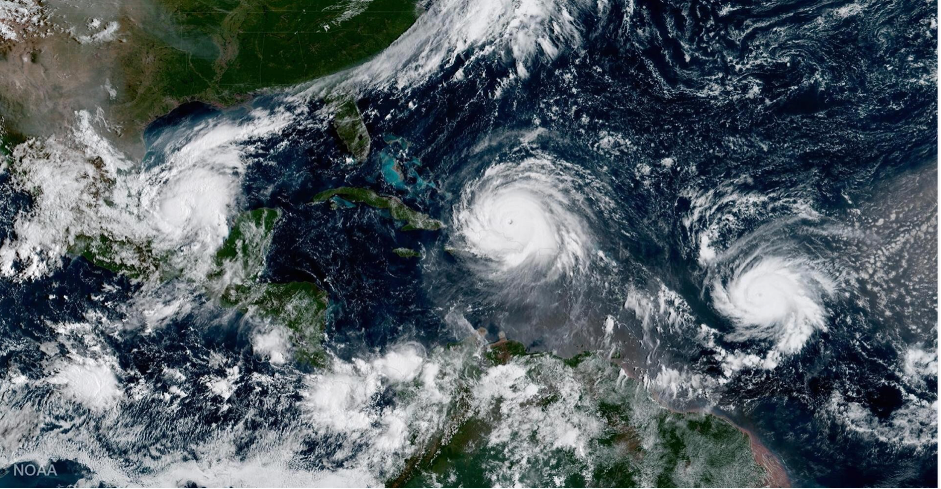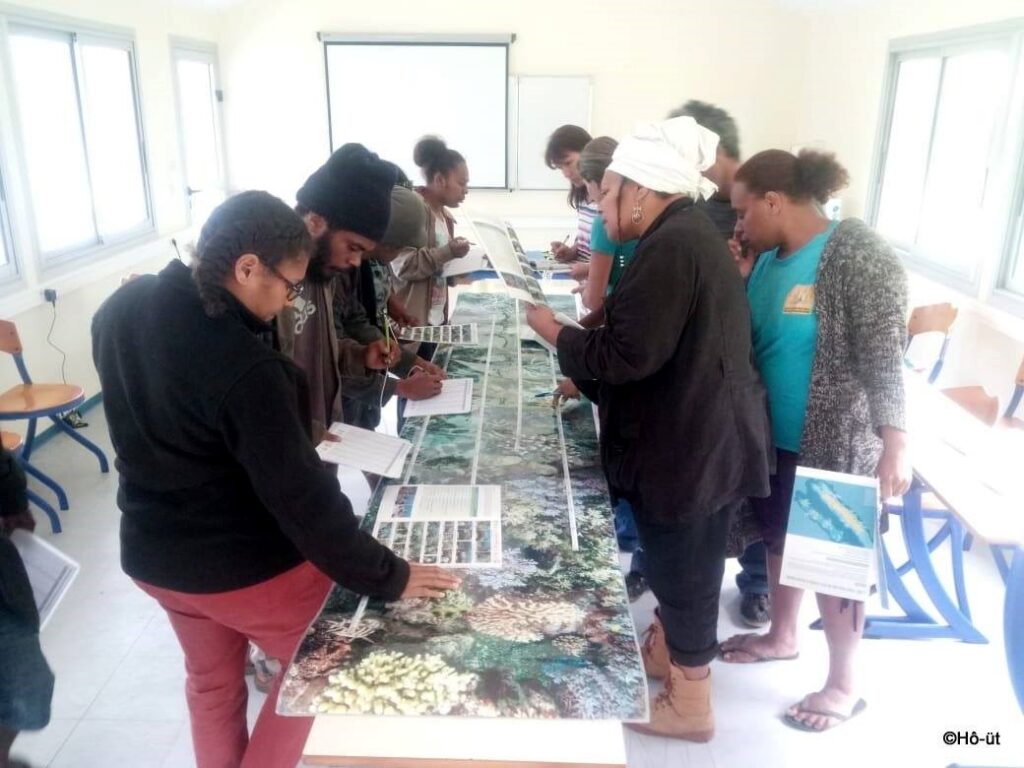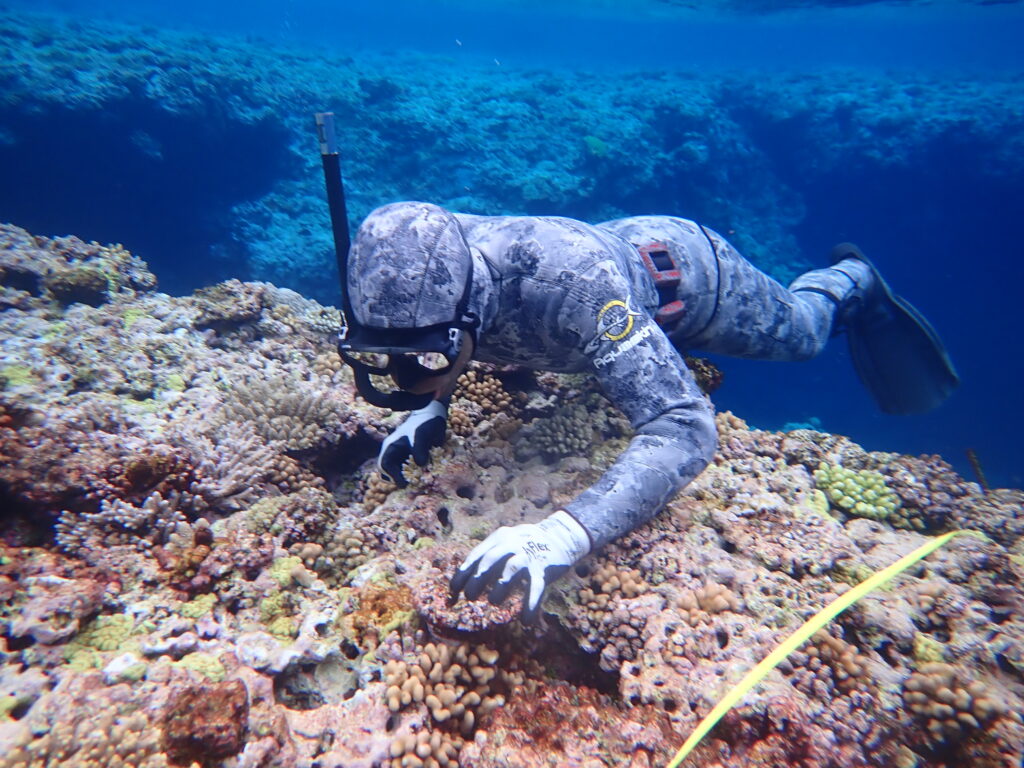Adaptive Management and RBM
With the increasing uncertainty of climate change impacts, reef managers must design management systems that help them learn and respond more quickly and flexibly than typical approaches allow. Adaptive management is a core tenet of resilience-based management (RBM). It enables the application of a flexible decision-making strategy (one that incorporates experimentation, monitoring, and iteration), and provides the opportunity for managers to adjust over time and deal with uncertainties.
For a management strategy to be adaptive, it needs to abide by the following key principles:
- Systems-based – Accounts for interactions and interdependencies between ecological, social, economic, political, and technological systems
- Proactive – Seeks to make decisions based on imperfect knowledge, move forward in the face of uncertainty, and proactively plan for changing conditions
- Flexible – Emphasizes ongoing research and monitoring to inform decision-making, transparency, and relationships between systems and efforts
- Iterative and Responsive – Includes a continuous cycle of experimentation and re-evaluation and is designed to be altered in response to changing environmental conditions, including new institutional and organizational arrangements
- Participatory – Involves cooperation and relationships within and among agencies and stakeholders, and seeks to build trust and cohesion
There are many different iterations of adaptive management cycles. Most of the slight differences between cycles arise because they are tailored to the preferences of different organizations; however, the adaptation principles stay the same across iterations.
Managing Reefs Adaptively for Climate Change
In coral reef ecosystems, managing adaptively has been identified as a key research and management priority (McLeod et al. 2019) in order to build sustainable and effective reef management strategies.
Examples of adaptive management that are particularly relevant to RBM include:
1. Incorporating climate change into situation analysis
Relevant climate projections and an assessment of the impact of a range of potential socio-ecological pressures (including climate change) on key assets, systems, values, or activities should be included in the initial phase of the adaptive management cycle (situation analysis).
- Scenario Analysis of Climate Change and Ecosystem Services for the Great Barrier Reef
- Land-Sea Models Linking Forest Conservation and Restoration to Coral Reef Resilience
- Lessons From Experience Addressing Climate as a Threat to Tetlin National Wildlife Refuge

Multiple tropical storms over the Caribbean. Credit: NOAA
2. Targeted monitoring
Ecologically significant indicators are monitored in real-time or within timeframes that allow for responsive management action. These indicators may already be monitored in existing management or research programs; however, focusing on those that specifically relate to reef function and resilience is key. Identifying appropriate baselines and thresholds, the timescales at which indicators are monitored, and their sensitivity to specific threats is also critical in order to allow for a responsive adaptive management strategy.

Coral monitoring training workshop in New Caledonia. Credit: CEN-NC
3. Regular evaluation
This process is at the core of the adaptive management cycle, allowing the management plan to fully incorporate experimentation, learning, and adjustment. Timeframes of evaluation may vary depending on the strategy’s goals and objectives. For example, while the goal(s) of an RBM strategy may be set in the long-term (e.g., 20 years), cycles of evaluation and adjustments every 2-3 years are important to allow for changes. Evaluations may also be ad-hoc, triggered by specific events such as disease outbreaks or coral bleaching events.
The speed at which marine ecosystems are changing does not allow managers to wait 20 years to revisit management plans and assess successes and failures. It is imperative that changes are made over time if sufficient progress is not otherwise being made toward long-term goals.

Freediver monitoring a reef along a transect line in New Caledonia. Credit: CEN-NC

Resources
Adaptive Management: A Tool for Conservation Practitioners
Resilience-Based Management Online Course (Lesson 3: Adaptive Management)
Strategic adaptive management in South African National Parks (SANParks)
Operationalizing Resilience for Adaptive Coral Reef Management Under Global Environmental Change
